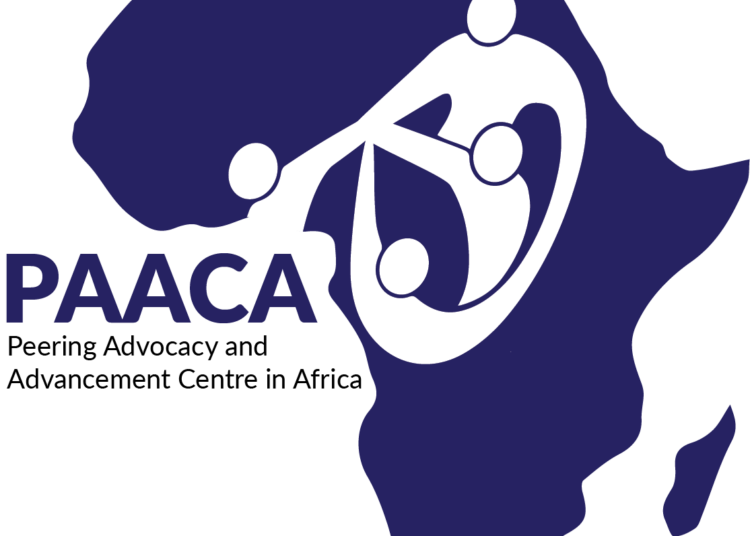The Peering Advocacy and Advancement Centre in Africa (PAACA) has called for a non-partisan approach to Nigeria’s ongoing tax reform efforts, emphasizing that the reforms should be driven by national interest rather than political or regional rivalry.
Speaking on the sideline of the public hearing on the tax reform bill at the House of Representatives, PAACA’s executive director, Ezenwa Nwagwu, highlighted the importance of a stable and well-structured tax system that benefits all Nigerians, regardless of political affiliations.
Nwagwu lauded the proposed tax reforms as a significant step toward a fairer and more efficient taxation framework.
He noted that the new measures aim to enhance revenue generation while preventing undue financial strain on businesses and individuals.
“A well-balanced tax system is key to national development, and it is imperative that these reforms are approached with a collective, non-partisan mindset,” he stated.
One of the contentious issues in the tax reform bill is the proposed changes to the Value Added Tax (VAT) sharing formula. While some stakeholders have expressed concerns over the Derivation Principle, arguing that it may disproportionately benefit economically vibrant states at the expense of less industrialized regions, PAACA believes the reforms could serve as an incentive for economic expansion across all states.
“The bill has the potential to encourage economic activities and job creation in underdeveloped regions, thereby increasing their VAT earnings in the long run,” Nwagwu explained.
He urged stakeholders to view the reform as an opportunity to stimulate broader economic participation rather than as a disadvantage to certain states.
Beyond supporting the reforms, PAACA emphasized the need for a post-reform monitoring mechanism to track progress, address implementation challenges, and ensure continuous improvement.
According to Nwagwu, such a framework will help assess the effectiveness of the new tax policies and make necessary adjustments where needed.
The PAACA executive director also called on the government to uphold transparency and public accountability in the execution of the tax reforms.
They stressed that clear communication and responsible governance are crucial to building public trust and ensuring compliance with the new tax policies.
“The success of these reforms depends on how well they are implemented and whether Nigerians see them as fair and beneficial. Government must commit to openness and engage citizens in the process,” Nwagwu said.











